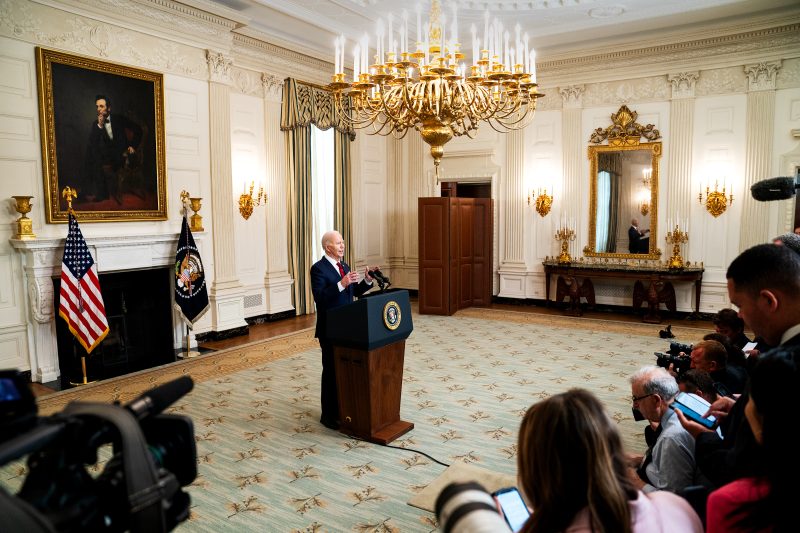In a fast-paced digital age where social media has become a significant aspect of global communication, TikTok has emerged as a leading platform for short-form video content. With its popularity skyrocketing worldwide, the app has faced intense scrutiny, particularly in the United States, where concerns over national security and data privacy have prompted legal battles between the tech giant and the U.S. government.
The legal war between TikTok and the U.S. government escalated as the Trump administration issued executive orders seeking to ban the app on national security grounds, citing fears that the Chinese-owned platform could be used to collect sensitive data on American users. This move, aimed at safeguarding national security interests, triggered a heated debate on free speech, privacy rights, and the reach of executive powers.
Despite the attempts to ban TikTok, the app’s massive user base and cultural influence have made it a formidable opponent in the legal arena. TikTok has vehemently denied allegations of sharing user data with the Chinese government and has pursued legal action to challenge the ban, arguing that it violates constitutional rights and impedes the company’s operations.
As the legal battle unfolds, key questions arise regarding the balance between national security concerns and individual rights in the digital age. The case involving TikTok and the U.S. government serves as a pivotal moment that highlights the complexities of regulating technology platforms in an interconnected world.
Moreover, the legal war between TikTok and the U.S. government has broader implications for the tech industry as a whole. The outcome of this battle could set a precedent for how governments worldwide approach data privacy, national security, and foreign-controlled tech companies operating within their borders.
In response to the legal challenges, TikTok has taken proactive measures to address concerns raised by the U.S. government, including appointing a new CEO with American citizenship and establishing transparency and data protection mechanisms to reassure regulators and users alike.
Looking ahead, the legal war between TikTok and the U.S. government underscores the need for a comprehensive approach to regulating social media platforms and safeguarding national interests without infringing on fundamental rights. As technology continues to evolve at a rapid pace, policymakers, tech companies, and users must work together to navigate the complex landscape of data privacy, security, and governance in the digital era.

